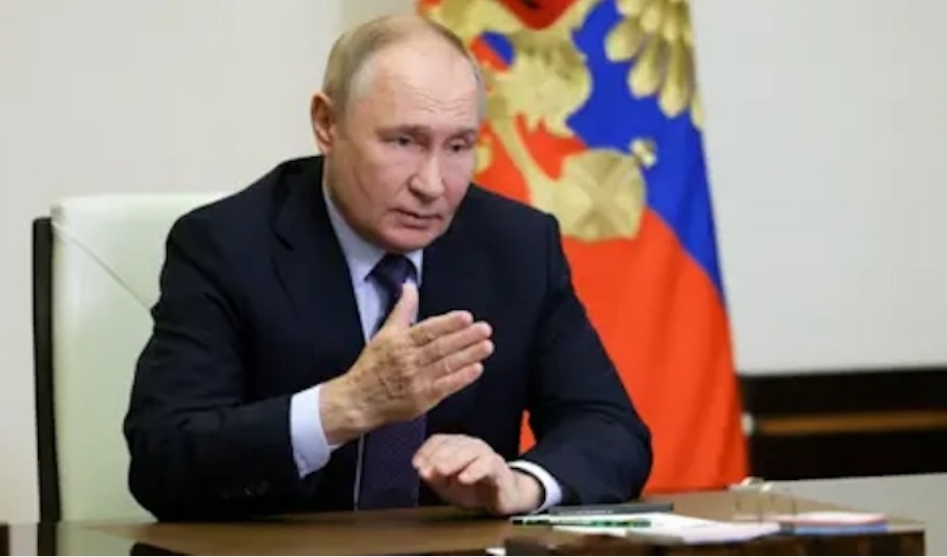
Moscow, Russia – Russian President Vladimir Putin announced on Thursday that Russia is open to Slovakia’s proposal to host peace talks with Ukraine, marking a potential step towards resolving the protracted conflict.
The announcement followed a meeting in the Kremlin with Slovakian Prime Minister Robert Fico, who has championed negotiations over continued European Union military support for Ukraine. Slovakia, under Fico’s leadership, has taken a neutral stance on the war, emphasizing diplomatic solutions.
In his remarks, Putin acknowledged Slovakia’s willingness to serve as a neutral platform for talks. “The Slovakian authorities would be happy to provide their own country as a platform for negotiations. We are not opposed, if it comes to that. Why not? Since Slovakia takes such a neutral position,” Putin said.
Slovakian Foreign Minister Juraj Blanar hailed Putin’s statement as a “positive signal” for peace. Blanar revealed that Slovakia had already communicated this offer to Ukrainian representatives and reiterated the country’s readiness to support any steps toward ending the war.
Slovakia’s stance aligns with a growing bloc of Central and Eastern European EU nations skeptical of military aid to Ukraine and favoring diplomacy. However, Ukrainian President Volodymyr Zelensky has criticized Slovakia’s perceived pro-Russian posture since Fico’s return to power in 2023, complicating the likelihood of Ukraine’s acceptance of the peace talks proposal.
Despite expressing openness to negotiations, Putin reaffirmed Russia’s determination to achieve its objectives in Ukraine. He also emphasized Russia’s readiness to deploy its advanced weaponry, including the new intermediate-range hypersonic ballistic missile, Oreshnik, should the need arise. “We do not exclude the possibility of using it both today and tomorrow, if necessary,” Putin stated, underscoring Moscow’s strategic resolve.
Slovakia’s diplomatic efforts highlight its bid to mediate in the ongoing conflict, offering a potential pathway to de-escalation. However, Ukraine’s response to the offer remains uncertain, as skepticism over Russia’s intentions and strained ties with the Slovak government present significant hurdles to advancing peace efforts.
The proposal signals a shift in regional dynamics, reflecting the complexities of achieving a resolution to one of Europe’s most pressing crises.

